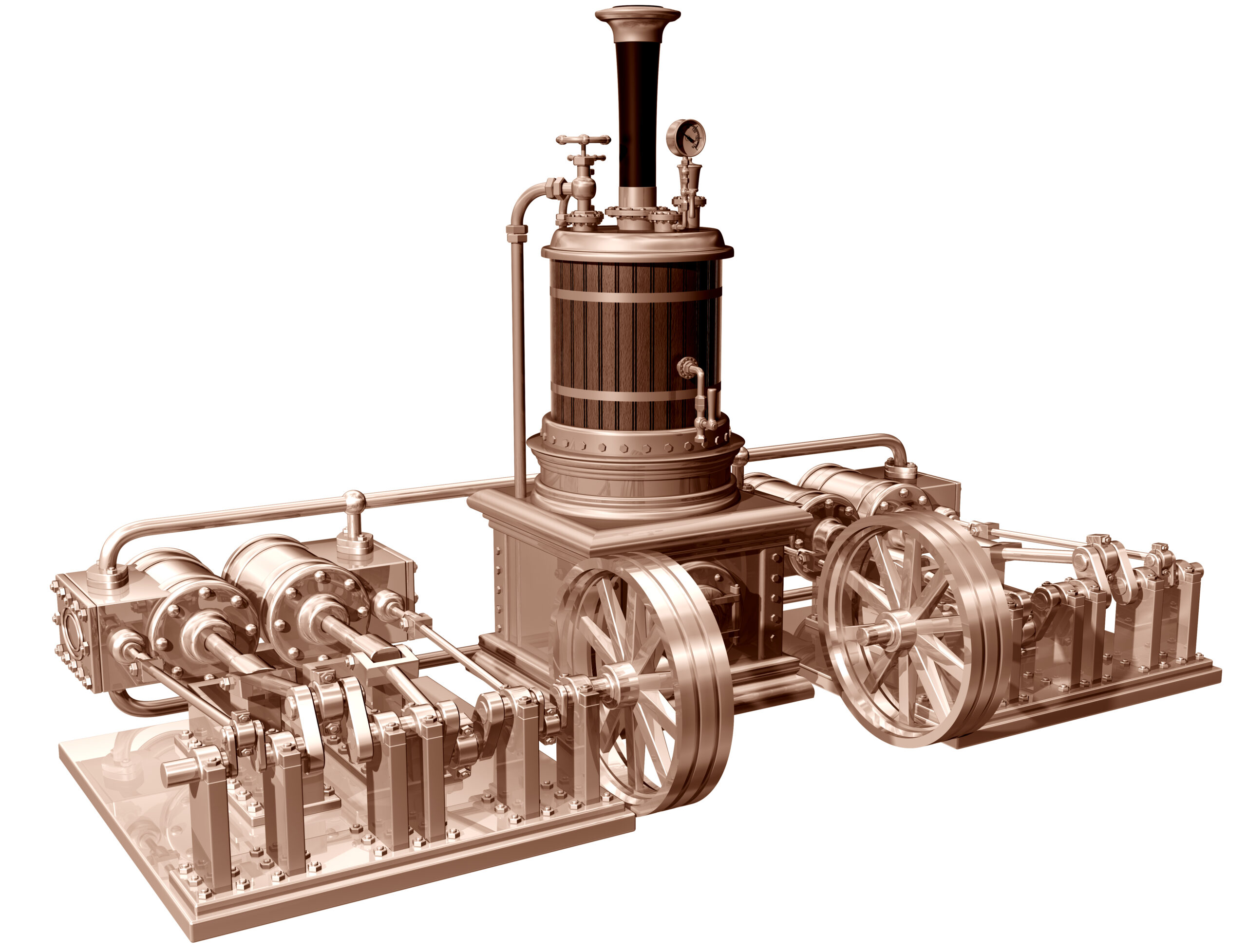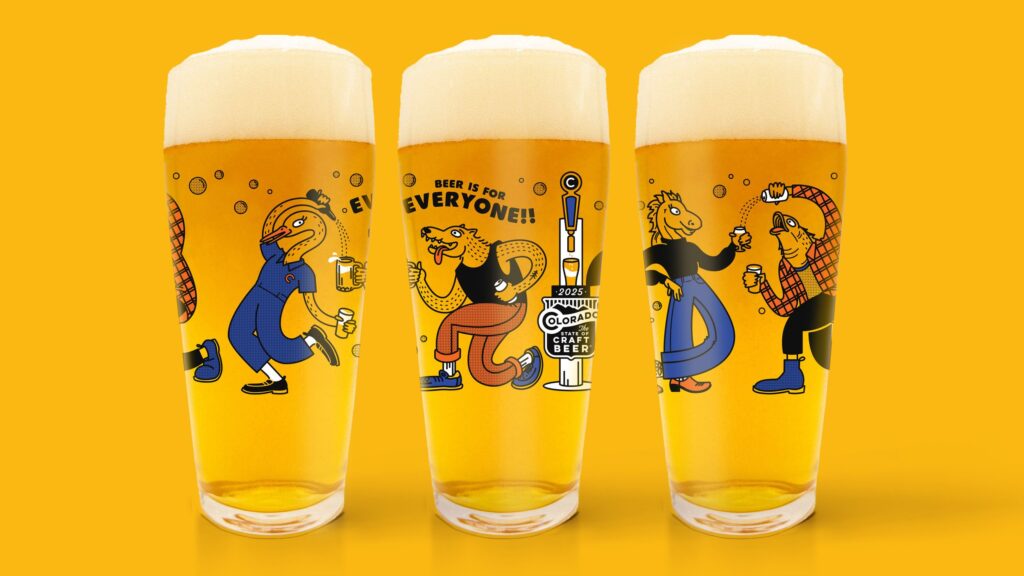Written by Jason Gladfelter of Brewery Mediation Network
Your brewery has all the best parts, the best business model, the best location and fantastic beer. You may even have highly talented people and a team operating like a Pratt & Whitney engine. Yet, even the best people encounter problems and all engines require maintenance. Your People Ingredient operates everything else, but it is often taken for granted and its problems overlooked.
Unfortunately, we’ve seen it happen many times. A minor disagreement snowballs into an eruption that affects staff, customer service, marketing, quality control, reputation, and finances, damaging the entire business.
Below are some foundational tips in dispute management to help you monitor, maintain, strengthen and repair your People Ingredient. They are relatively easy to understand, but their complex interplay makes them difficult to apply. Even partial application takes practice. Still, we must start somewhere:
Separate Person from Problem
Often, we attach a problem to a person: If we address the person, the problem will go away. Rarely does is this effective. Chris Rock said, “talk about what they do, not what they are”.
Person: “John is always late”
Problem: Tardiness
It’s not always so straightforward, however, and careful attention is needed. This minimizes accusatory tones and defensive reactions.
Interests and Positions
Sometimes, we get caught up in an argument and then wonder what we are arguing about. Take a step back. Ask, “what do I really want, and why?” Provide clarity for yourself and be open to altering your approach. Ask that of the other person, but don’t demand an answer. Allow them to think it over.
Position: “Be on time”
Interest: We have deadlines to meet
Emotions
They are neither right nor wrong. You can’t argue or stifle emotions.
- Acknowledge – “You seem angry”, or “that sounds frustrating”
- Don’t dismiss – “There’s nothing to be angry about”
- Express – “This really bothers me because…”
- Allow venting, even angry people care. Don’t take it personally
- Some emotions may begin elsewhere (home, family, traffic, etc.) and spill over into work
Assigning Motivation
We tend to “know” why somebody did something, but really, we don’t. False narratives taint our perceptions and cloud understanding. It’s OK not to know why something happened. You can always ask, keeping in mind the problem (that you don’t know/understand).
“Why did you do this?” – Person focused
“I don’t understand why this happened, can you help me?” – Problem focused
Again, keep in mind that it’s not always this straightforward.
We see dispute as an opportunity for learning and progress, if managed properly. To do so, though, requires understand of a multitude of factors and how they interact and influence each other. Remember, the above are not stand-alones and always have multiple layers.
It is centrally important to understand your People Ingredient; its status and fluctuations, and how it responds to internal, external and personal stress. Receiving and accepting feedback is not easy, but necessary. Timely and appropriate measures can maintain and enrich your People Ingredient and keep your brewery engine running smoothly.
Cheers and Beers!









